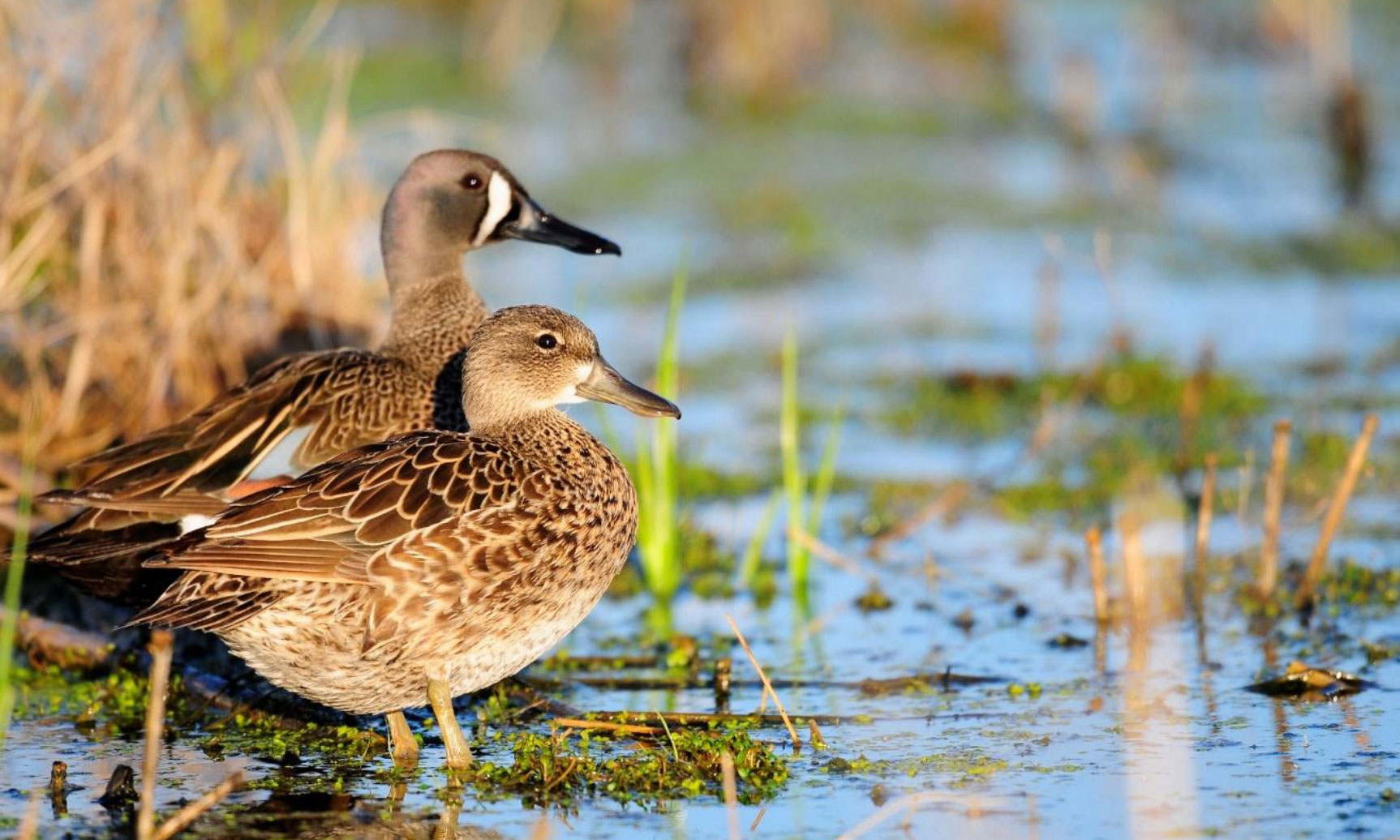Graduate Student Lead: Ryan Askren
Greater Chicago Metropolitan Area Canada Goose Project
Canada geese (Branta canadensis) are important both ecologically and economically throughout Illinois and the Midwest.
There are two populations of Canada geese that seem to congregate in the Greater Chicago Metropolitan Area (GCMA)—temperate-breeding Canada geese, which are often called “resident geese,” and subarctic-breeding Canada geese, which breed on the southern portions of Hudson Bay and migrate to Wisconsin and Illinois during December and January. Recent anecdotal information suggests that the subarctic-breeding population is wintering farther north than where they have historically.
With temperate-breeding populations increasing and subarctic-breeding Canada geese wintering in more northerly areas, there has been a dramatic increase in Canada goose populations in the GCMA. Larger Canada goose populations increase the potential conflicts with humans, especially nearby airports such as Midway International Airport (MIA). During winter, large groups of geese congregate on the Chicago sanitary and ship canal and the Des Plaines River and pose serious threats to air traffic during landing and takeoffs at MIA.
We will leg-band and neck-collar several thousand resident and migrating Canada geese during winters 2014-2016 and track movements using GSM cellular tracking devices to better understand what influences winter movements of these birds.
Ecology of Wintering Canada Geese in the Greater Chicago Metropolitan Area
Canada geese (Branta canadensis) are important ecologically and economically throughout Illinois and the Midwest. Two populations of Canada geese are thought to congregate in the Greater Chicago Metropolitan Area (GCMA) during winter: 1) temperate-breeding Canada geese, which are year-round residents in the Midwest, and 2) interior Canada geese, which breed on the southern portions of Hudson Bay and migrate south during winter. Information suggests that winter distributions of interior Canada geese have shifted northward in recent years. With temperate-breeding populations increasing and interior Canada geese wintering in more northerly latitudes, there has been an increase in Canada goose populations using the GCMA and potential conflicts with humans are likely to increase. We are capturing Canada geese during summer molt using drives and during winter using rocket nets, net guns, and hand nets; obtaining morphological measurements (i.e., culmen length, skull length, tarsus length, mass) and DNA samples; and fitting each with an aluminum leg band and white neck collar with a unique alpha/numeric code in black lettering. On a subsample of geese determined by morphological measurements to likely be from temperate-breeding populations, we have attached black, solar-powered GSM transmitters to neck collars which will record GPS locations of geese up to 24 times per day and transmit data to researchers via the cellular network. Using locations of neck-collared and transmitter-marked geese, we will determine effects of weather, seasonality, population source, and harassment efforts of Wildlife Services on daily movements and site use of geese, especially nearby Midway International Airport. During 2014–2017, we anticipate deploying a minimum of 1,000 neck collars and 25 transmitters on Canada geese at city parks, cemeteries, golf courses, and water bodies nearby Midway International Airport and the Chicago Area Waterway System Sanitary and Ship Canal. We will re-sight neck-collared birds during December–February of each year and obtain re-sighting data from the USGS Bird Banding Laboratory. We encourage re-sightings of neck-collared birds to be reported to the Bird Banding Laboratory (1-800-327-BAND; https://www.pwrc.usgs.gov/bbl/bblretrv/index.cfm). For more information, please contact the Principal Investigators and study leaders:
Heath Hagy1, PhD, Mike Ward, Ph.D. & Brett Dorak Illinois Natural History Survey, UIUC | Email: hhagy@illinois.edu | Office Phone: (309) 543-3950
Mike Eichholz2, PhD & Kendra Slown Southern Illinois University Carbondale | Email: eichholz@siu.edu | Office Phone: (618) 453-6951

